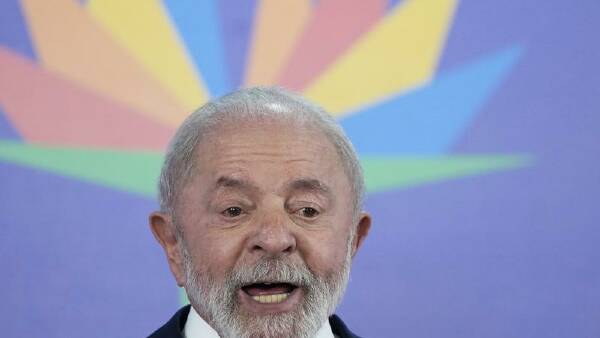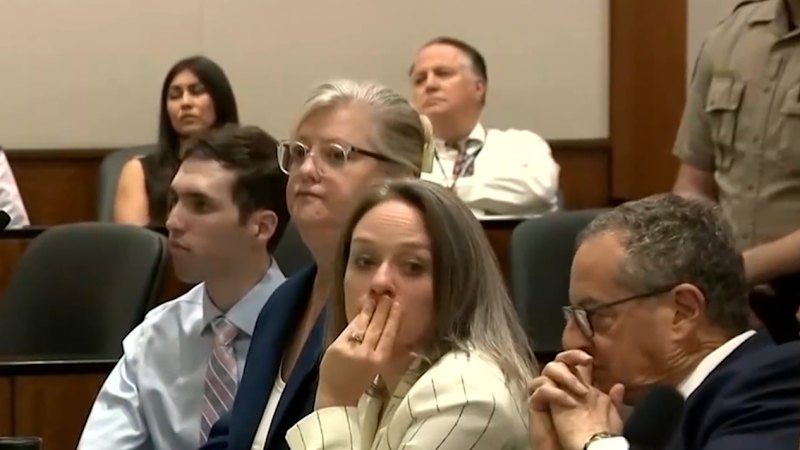
Brazilian President Luiz Inacio Lula da Silva has signaled a commitment to retaliate against the proposed 50 percent tariffs from U.S. President Donald Trump on Brazilian exports, set to take effect on August 1, 2023. While Lula expressed a preference for a diplomatic resolution, he emphasized that Brazil would respond in kind if no negotiations take place.
In an interview with Record TV, Lula stated, “We’ll first try to negotiate, but if there’s no negotiation, the law of reciprocity will be put into practice.” He referenced a recently passed law that grants him authority to impose retaliatory measures against foreign trade barriers. “If they’re going to charge us 50, we’ll charge them 50,” he affirmed.
Brazilian officials are expected to delay any announcements regarding retaliatory actions until after the tariffs are implemented, according to a Brazilian diplomat who requested anonymity. The diplomat indicated that the Brazilian government is weighing its options, saying, “We have until August 1.”
The context for Trump’s tariff announcement stems from legal proceedings initiated by Brazil’s judiciary against former President Jair Bolsonaro. Bolsonaro faces charges related to an alleged coup attempt aimed at preventing Lula from taking office in 2023. In a letter to Lula, Trump characterized these proceedings as a “witch hunt” against Bolsonaro, who has garnered significant support in the United States.
Lula criticized Bolsonaro for perpetuating claims of persecution, noting that Bolsonaro’s son, Eduardo Bolsonaro, had traveled to the U.S. to advocate for his father’s cause. “The former president of the Republic should take responsibility,” Lula remarked, underscoring that Eduardo’s actions have influenced perceptions of Brazil’s trade relationship with the U.S.
In response to the looming tariffs, Bolsonaro expressed his thoughts on social media, stating that Trump’s letter was received with “a sense of responsibility” and reiterated his admiration for the U.S. government. He suggested that the tariffs stem from Brazil’s perceived distancing from democratic principles, asserting, “This would never have happened under my government.”
Lula is taking proactive steps to address the potential fallout from the tariffs by establishing a committee with Brazilian business leaders to “rethink” the nation’s commercial policy with the United States. This initiative follows the enactment of Brazil’s new reciprocity law, which allows the government to respond with similar measures if other countries impose barriers on Brazilian goods. Beyond imposing counter-tariffs, the law also gives Lula the power to restrict imports and investments from the U.S. and suspend intellectual property rights for American companies.
The United States remains Brazil’s second-largest trading partner, after China. The proposed tariffs could significantly disrupt trade between the two nations, particularly affecting Brazilian exports of agricultural products such as coffee, orange juice, sugar, beef, and ethanol. Reports suggest that the tariffs could halt the flow of Brazilian coffee to the U.S., its largest market, which could have repercussions for consumers and businesses alike.
Concerns over the potential economic impact have already begun affecting market sectors in Brazil. Shares of major companies, including planemaker Embraer and banks like Itau Unibanco and Banco Santander, saw declines following the announcement of the tariffs.
Industry groups representing sectors such as coffee and oil have issued statements advocating for a diplomatic resolution. Josue Gomes da Silva, president of the Sao Paulo industry group Fiesp, stressed the importance of balanced negotiations, saying, “We hope that diplomacy and balanced negotiations will prevail, despite ideologies and personal preferences.”
As Brazil navigates this challenging situation, the focus will remain on finding a resolution that preserves trade ties and mitigates economic repercussions for both nations.






